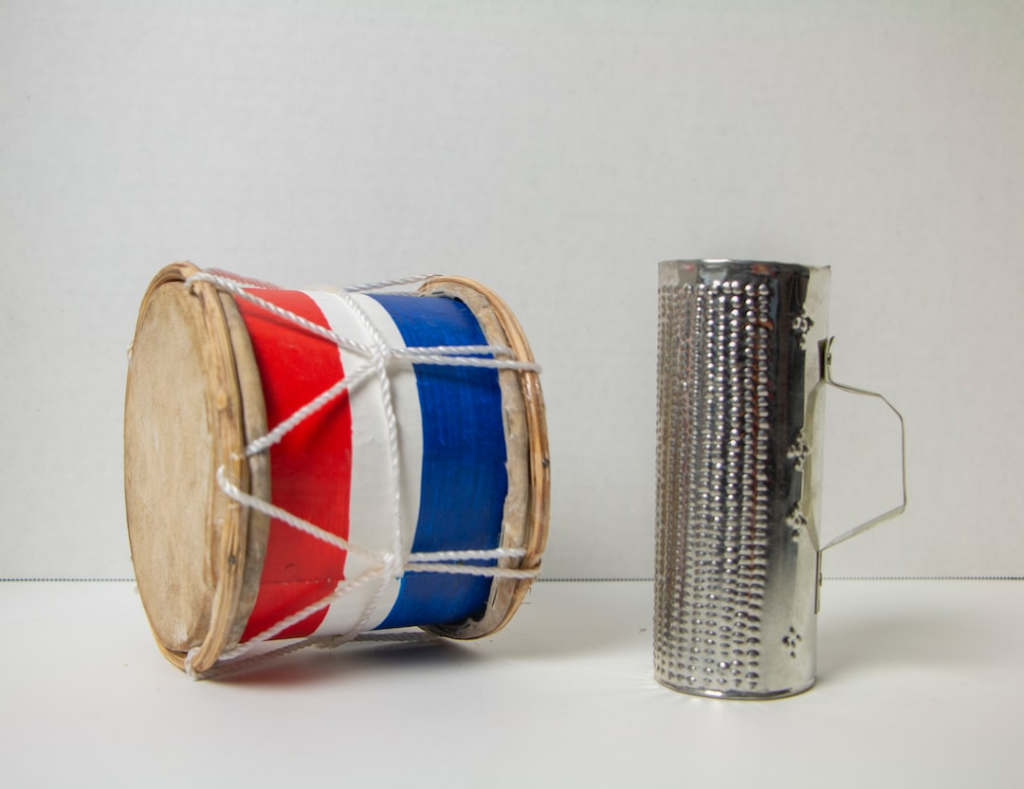
😉 Dominican Spanish Phrases
En la República Dominicana se habla español, pero al igual que en muchos lugares de Hispanoamérica, cada región tiene sus propias palabras y frases que reflejan parte de su identidad y los distinguen de los demás. Este es el caso de los dominicanos. Muchas personas, incluso aquellas que hablan español, a menudo afirman no entender el habla dominicana, quizás debido a su manera rápida de hablar o a sus expresiones coloquiales, que pueden resultar difíciles de comprender. Existen diversas razones, pero está claro que donde un dominicano se exprese, deja su marca con sus expresiones.
In the Dominican Republic, Spanish is spoken, but like in many places in Latin America, each region has its own words and phrases that reflect a part of its identity and set it apart from others. This is the case with Dominicans. Many people, even those who speak Spanish, often claim not to understand Dominican speech, perhaps due to its fast-paced delivery or colloquial expressions that can be challenging to comprehend. There are various reasons, but it is clear that wherever a Dominican expresses themselves, they leave their mark with their unique expressions.
📝 Dominican Spanish Phrases List
1- “El final de lo finale”
In the Dominican Republic, using the phrase ‘el final’ (the end) is synonymous with ‘the best.’ So, if someone says ‘el mangú es el final,’ it means it’s the best food. However, depending on the intensity of what we value, we use the expression ‘el final de los finales’ (the end of the ends) to convey ‘the best of the best.’ So, if someone tells you that something is ‘el final de los finales,’ it’s the best option you can choose.
Ejemplo:
- El equipo de beisbol de República Dominicana es el final de los finale.

2- “Pin pun”
The expression ‘pin pun’ is used to refer to the resemblance of one thing to another, or also of one person to another. Instead of saying ‘I look like my mom,’ it is common to say ‘I am pin pun to my mom.
Ejemplo:
- La niña es pin pun a su papá.

3- “El que fue a villa perdió su silla”
The one who left for the countryside lost their seat” is a popular saying in the Dominican Republic. It is used to convey that if someone leaves their position or place, they run the risk of losing it to someone else who takes it.
Ejemplo:
If you are sitting at a party and you get up to go to the bathroom, and when you come back, there is another person sitting in your chair. That person will probably say to you, “El que se fue pa villa perdió su silla”.

4-“Como chivo sin ley”
The expression ‘como chivo sin ley‘ is used to refer to a person who acts without control or restraint. It’s used when a person is rebellious or causing a lot of disorder, Dominicans would say ‘A pero Juan anda como chivo sin ley’ (Oh, but Juan is acting like an uncontrolled goat). Another case is when a person acts impulsively and people comment ‘se fue como chivo sin ley’ (he/she left like a goat without a law).
Ejemplo:
- El joven anda en su motor como chivo sin ley.

5- “Le di banda”
The expression ‘dar banda’ is used to refer to quickly leaving a place. It can also imply distancing oneself from a person, forgetting them, or no longer being their friend. It is common to hear Dominicans say ‘le di banda‘ when they experience a bad situation, meaning that they no longer remember that moment and life goes on.
Ejemplo:
- Ya Carlos no es mi amigo, le di banda.

6- “Me da teriquito”
It’s an expression used to say that something gives you a feeling of nervousness or anxiety. For example, there are people who, when they hear certain noises like the scraping of a nail on a chalkboard, feel discomfort, and we call that discomfort ‘teriquito’. Also, when someone remembers an unpleasant situation and gets goosebumps, that moment is called a ‘teriquito‘.
Ejemplo:
- Me da teriquito cuando alguien se muerde la ropa.

7-“Comer gallina”
This expression is used when a couple spends time together at home, sitting on the couch, often watching movies or simply relaxing. It is commonly used when they are at their parents’ house.
Ejemplo:
- María está comiendo gallina con su novio en la sala.

8- “Como que na’ e na”
It’s an expression used when someone does something without interest, effort, or significance.
Ejemplo:
- Ella ella no hizo el trabajo y siguió como que na’ es na’.

✍🏻 Vocabulary
- El chivo: the goat
- La gallina: the hen
- La ley: the law
- El final: the end
- La silla: the chair
- El novio: the boyfriend
- Alguien: someone
- El joven: the young
- El equipo: the team
- El motor: the motorcycle
- Morder: to bite
🎧Recomendation
¡Aprendamos mucho más!
Canal: Pero like
Episodio: 6 Ways Dominicans Say Hello
If you want to learn Dominican Spanish, just book a trial lesson.
Learn more Dominican Spanish Phrases





